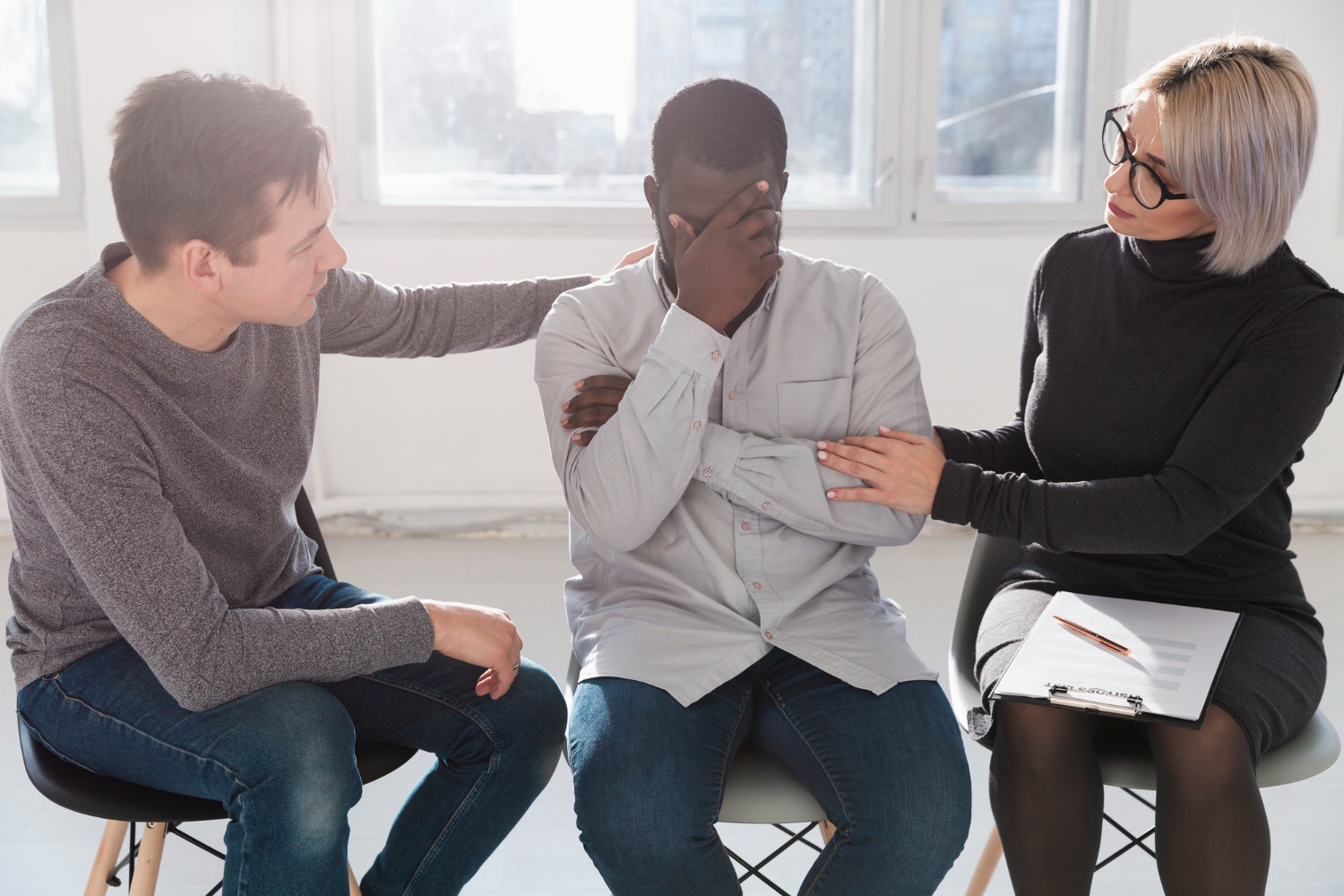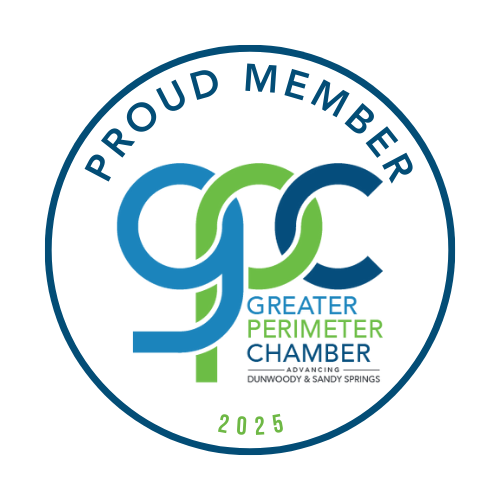Heroin is a dangerous gateway drug. It is one of the most commonly co-used drugs and is often more hazardous than people anticipate. If you are suffering from heroin addiction, finding heroin addiction treatment near Augusta, GA, could be life-saving.
Contact Atlanta Recovery Place today if you’re struggling with heroin use or addiction. Our Atlanta outpatient programs are designed to support clients through treatment and sustainable recovery programs.
What is Heroin?
Heroin is a naturally created drug from the poppy plant. It is a drug processed from morphine and can be found as a white or brown powder. Additionally, heroin can be found as a black sticky substance known as “black tar heroin.” High-quality heroin is typically snorted or smoked but can be injected or rubbed on the gums as a method of ingesting the drug.
Heroin is often combined with other drugs, making a fatal overdose more likely. Heroin combined with alcohol can cause a deadly depression in the body’s functions. Heroin combined with cocaine, known as a “speedball,” is often taken to balance the extreme sleepiness of heroin with the jitteriness of cocaine. This combination can be especially dangerous for the heart and has led to many overdose-related deaths of the rich and famous as well as those who aren’t.
How does Heroin Affect the Body?
As a downer, heroin affects the body by depressing the system. It slows down essential functions and blocks pain. This process is variable and impacts individuals at different rates. For example, individuals who smoke heroin have a quicker high as it enters the lungs directly, while those who snort or inject heroin have a slightly longer delay but have a more prolonged overall high.
The impact on the body can be devastating. Heroin often causes inflammation and damage to the entry point into the body. For example, individuals who inject the drug often struggle with rashes or abscesses at the injection site; those who snort the drug struggle with the blood vessels in their nose.
But the effect of heroin on the body isn’t limited to the physical toll it takes while an individual is high. Heroin can cause a fatal depression of the body’s functions and cause it to shut down. During a heroin overdose, individuals will have reduced respiration, loss of consciousness, slowed heart rate, and low blood pressure. Thankfully, as an opioid, the drug Naloxone has been developed to counteract an overdose. This drug neutralizes the effects of the opioid and immediately initiates withdrawal. This process can be dangerous for some, but it outweighs the possibility of a fatal overdose.
What are the Signs of Heroin Use?
The signs of heroin use may differ from person to person, but there are several typical physical and mental signs that are universal.
Physically, a heroin addict may gain unexpected weight and sleep more based on the drug’s effect on the body. According to the DEA, heroin can cause a heavy feeling in the extremities, respiratory depression, dry mouth, and nausea while high. Additionally, long-term, heroin can cause liver and kidney disease, sexual dysfunction, irregular menstrual cycles, infection of the heart lining and valves, lung complications, and abscesses.
Heroin use can also have an impact on an individual’s mental health. Depression is common in individuals using heroin. The total body depression of the drug can lead to mental depression as well. Following a euphoric rush, candidates often move between consciousness and unconsciousness as the drug affects the body. Long-term, heroin can lead to insomnia, increased anxiety, and anti-social personality disorder.
An individual using heroin may show other symptoms like changes in friend groups, relationships, work habits, recreational activities, and personal hygiene.
How to Find Heroin Addiction Treatment near Augusta, GA
Finding heroin addiction treatment near Augusta, Georgia, is easy with Atlanta Recovery Place. At ARP, our recovery programs are designed to support clients and their needs on an individual basis. With evidence-based addiction treatment, our clients work through partial hospitalization, intensive outpatient, and outpatient treatment with a facility that promotes personal growth and learning. We also offer sober living in Atlanta for clients who have completed our addiction treatment programs. In addition, we believe in total care and support for individuals with mood and personality disorders in addition to addiction treatment.
Contact a treatment coordinator today to see how Atlanta Recovery Place can help you on your journey of recovery.









